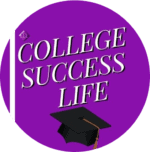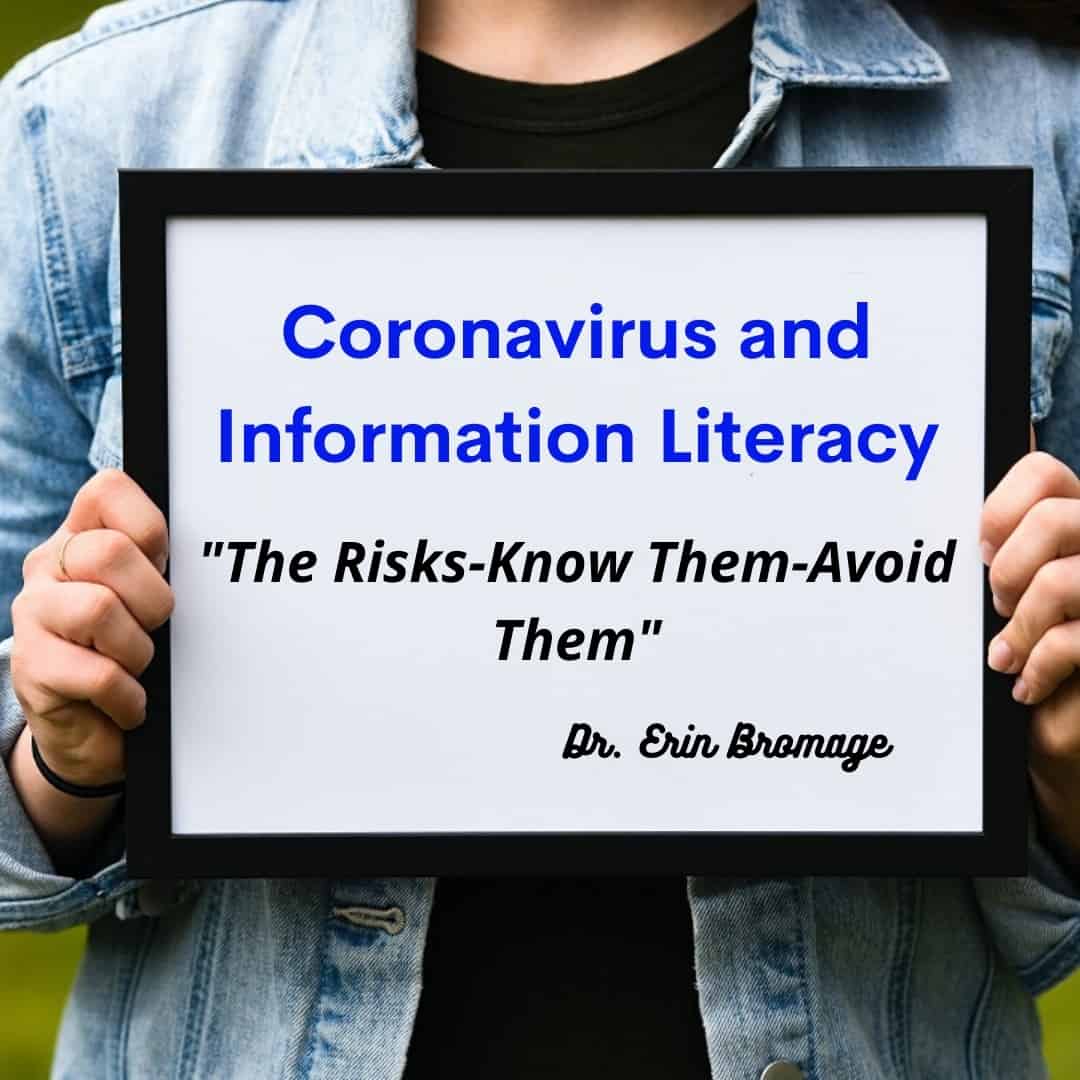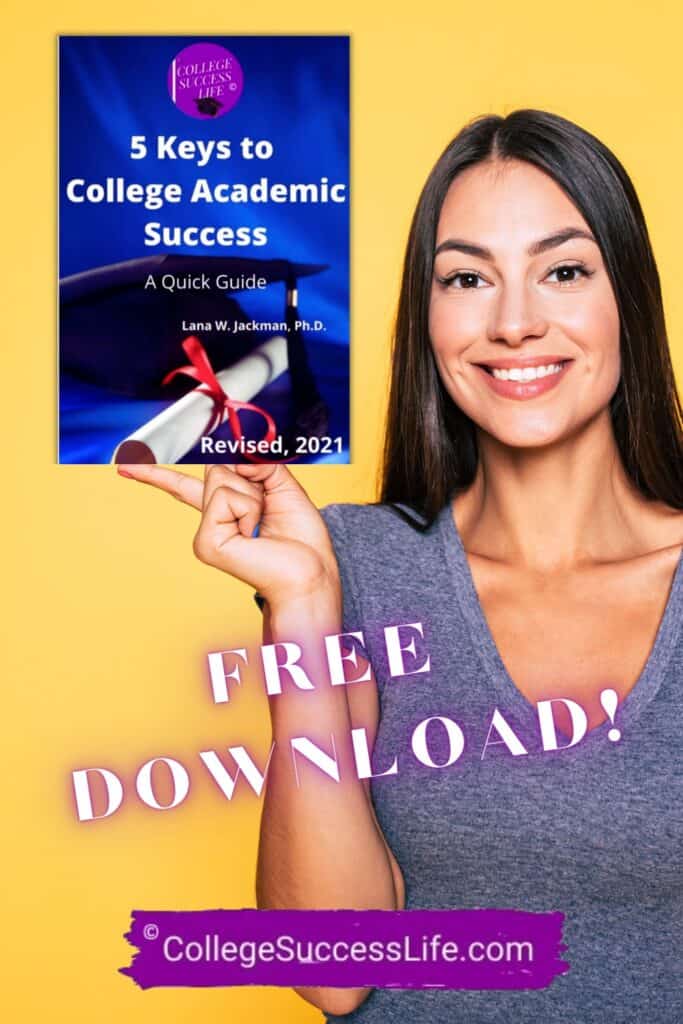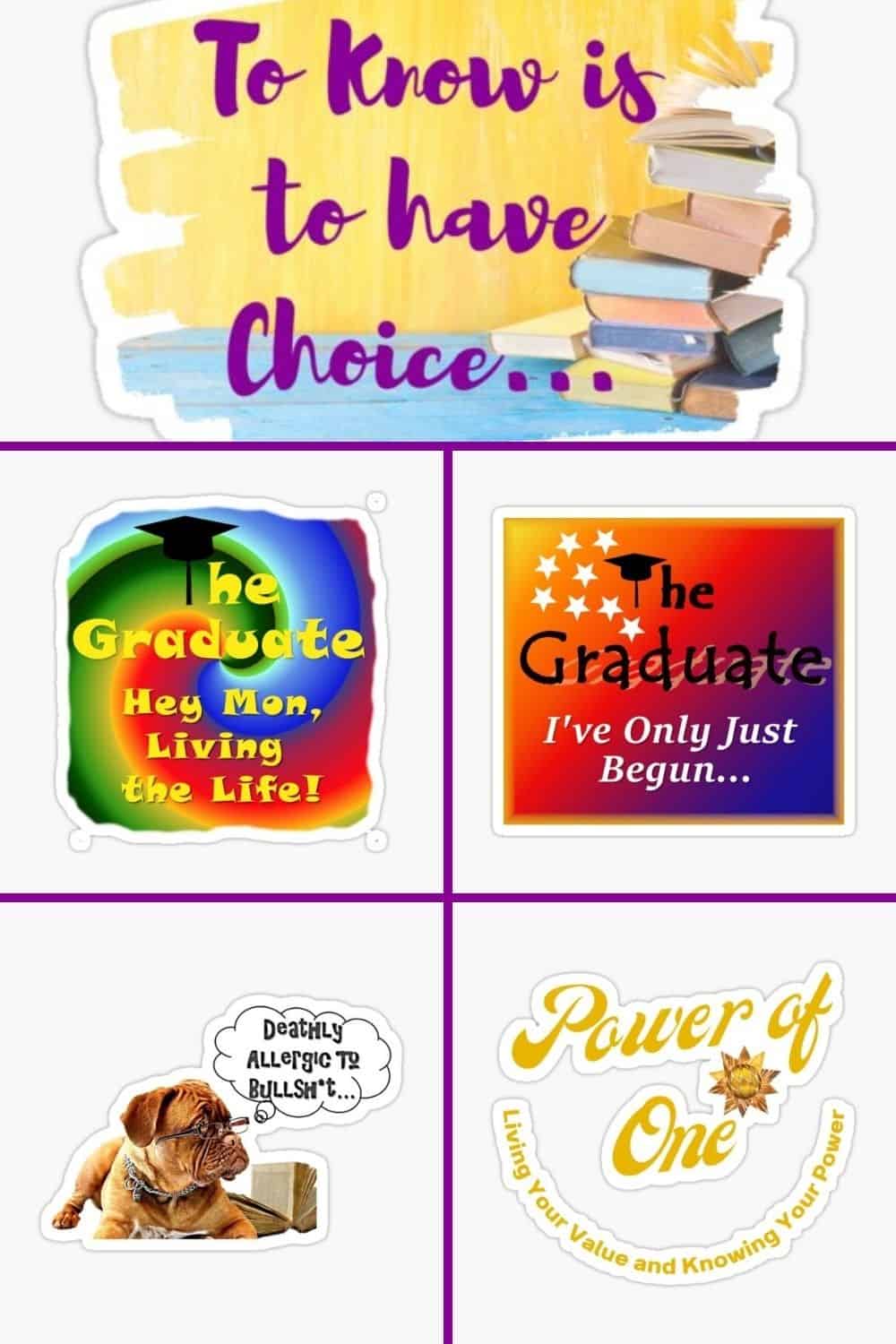[et_pb_section fb_built=”1″ _builder_version=”4.2.1″ custom_padding=”||0px|||”][et_pb_row _builder_version=”4.4.8″ width=”100%” module_alignment=”center” custom_padding=”9px|11px||11px|false|false” global_module=”4766″ saved_tabs=”all”][et_pb_column type=”4_4″ _builder_version=”4.2.1″][et_pb_post_title author=”off” comments=”off” title_last_edited=”off|desktop” _builder_version=”4.4.8″ title_font=”Roboto|700||||on|||” title_text_align=”center” title_text_color=”#0c3bd3″ title_font_size=”42px” meta_text_align=”center” title_text_shadow_style=”preset1″ meta_text_shadow_style=”preset1″][/et_pb_post_title][/et_pb_column][/et_pb_row][et_pb_row column_structure=”3_5,2_5″ _builder_version=”4.2.1″ width=”100%” custom_padding=”25px|10px||10px|false|true” animation_style=”fade” box_shadow_style=”preset1″ box_shadow_blur=”10px”][et_pb_column type=”3_5″ _builder_version=”4.2.1″][et_pb_text _builder_version=”4.4.8″ text_font=”Roboto||||||||” text_text_color=”#242424″ text_line_height=”1.2em” header_font=”Roboto|700||||on|||” header_text_align=”center” header_letter_spacing=”2px” header_line_height=”1.2em” header_2_font=”Roboto|700||||on|||” header_2_text_align=”center” header_2_text_color=”#890099″ header_2_line_height=”1.2em” header_2_text_shadow_style=”preset1″]
Lots of information about coronavirus flying around these days. Some of it understandable. Some of it not.
As the primary guardian of your own health, you need to know the scientific facts. And you also should keep tabs on the latest updates.
In a recent publication, Dr. Erin Bromage, professor of Biology (specialization in Immunology) at the University of Massachusetts, Dartmouth, provides a terrific analysis of baseline information regarding the various virus points of contact you can unknowingly encounter in your daily life.
For example, Dr. Bromage talks about potential individual virus points of contact via a cough, sneeze, breathing, speaking, and even bathroom use.
Anyone with corona symptoms can infect a whole room of people by just sneezing and/or coughing.
To date, over 44% of all infections occurred from folks without any coronavirus symptoms, otherwise known as asymptomatic people. You can be infected with the virus for up to 5 days without showing any symptoms.
And asymptomatic folks come in all ages!
So far, the largest outbreaks have occurred within enclosed crowded environments with poor air circulation…think meat packing plants, airplanes, family gatherings such as weddings, funerals, and business meetings.
The examples Dr. Bromage uses to describe the social, economic, and personal impact of resuming “business as usual” are simply eye opening.
This is the kind of information you need to protect yourself and your family. No one is immune from the ugly tentacles of the coronavirus.
[/et_pb_text][/et_pb_column][et_pb_column type=”2_5″ _builder_version=”4.2.1″][et_pb_image src=”https://collegesuccesslife.com/wp-content/uploads/2020/05/UpperHand.jpg” alt=”Information Literacy” title_text=”Pin Me!” url=”https://collegesuccesslife.com/information-literacy-and-analyzing-fake-news/” url_new_window=”on” _builder_version=”4.4.8″ hover_enabled=”0″][/et_pb_image][et_pb_image src=”https://collegesuccesslife.com/wp-content/uploads/2020/05/photo-1584981344761-87dee9aaa3a9.jpg” alt=”False virus information” title_text=”Information Literacy” url=”https://collegesuccesslife.com/information-literacy-and-analyzing-fake-news/” url_new_window=”on” _builder_version=”4.4.8″][/et_pb_image][/et_pb_column][/et_pb_row][et_pb_row _builder_version=”4.4.8″ custom_padding=”||0px|5px|false|false”][et_pb_column type=”4_4″ _builder_version=”4.4.8″][et_pb_text _builder_version=”4.4.8″ text_font=”Roboto||||||||” text_text_color=”#000000″ text_line_height=”1.2em” header_font=”Roboto||||||||” header_2_font=”Oswald|600||||on|||” header_2_text_align=”center” header_2_text_color=”#0e3df7″ custom_padding=”|||1px||” header_2_text_shadow_style=”preset1″]
Information Literacy Intervention
“Rather than merely possessing data, we must also learn the skills necessary to acquire, collate, and evaluate information for any situation…The ability to seek, find, and decipher information can be applied to countless life decisions, whether financial, medical, educational, or technical.” President Barack H. Obama, National Information Literacy Proclamation 2009
So, if we’re going to beat this virus, then we have to take control over understanding and verifying the public health information floating around in today’s information universe.
So how do you do that?
Actively develop an information literacy skills set. Well, what is it?
- First, ask yourself, what is the real issue, then search for the information to help you resolve that issue.
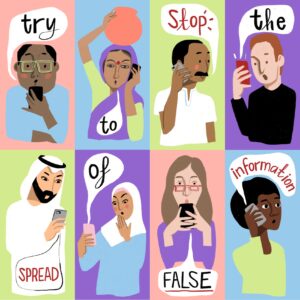
- Second, question your information source. Who wrote it and/or said it and why?
- Third, how valid is the source? Did a social media influencer publish it or did a historian? What’s their background?
- And lastly, who needs to know the information and what is the best way to communicate it?
Google gives you access to all types of information resources, but, in these days of self publication, you should investigate the validity of each and every one.
Knowing how to valid your information sources is really important to your life, liberty, and pursuit of happiness…true dat!
And, in today’s presidential fake news environment, you need to put those information literacy skills to work on a regular basis.
Being information literate and knowing how to seek out and use valid information is of great benefit to you on so many levels, academic, professional, and personal.
So review Dr. Bromage’s article. Analyze his very informative recommendations. Then make it a point to share it with family and friends.
In the words of the NBC promo…the more you know!
#collegesuccesslife #college #collegestudent #covid-19 #informationliteracy
[/et_pb_text][/et_pb_column][/et_pb_row][/et_pb_section][et_pb_section fb_built=”1″ _builder_version=”4.2.2″ custom_padding=”0px|10px||10px|false|true” global_module=”4756″ saved_tabs=”all”][et_pb_row _builder_version=”4.4.8″ min_height=”94px”][et_pb_column type=”4_4″ _builder_version=”4.4.8″][et_pb_text _builder_version=”4.4.8″ header_font=”Oswald|||||on|||” header_text_align=”center” header_text_color=”#0e1ef4″ header_letter_spacing=”2px” header_2_font=”Oswald|||||on|||” header_2_text_color=”#0e0eef” header_text_shadow_style=”preset1″ header_2_text_shadow_style=”preset1″ box_shadow_style=”preset1″]
A Word to the Wise…
[/et_pb_text][/et_pb_column][/et_pb_row][et_pb_row column_structure=”3_5,2_5″ _builder_version=”4.0.1″ width=”100%” custom_padding=”||1px|||”][et_pb_column type=”3_5″ _builder_version=”4.0.1″][et_pb_text _builder_version=”4.4.8″ text_font=”Roboto|500|||||||” text_text_color=”#000000″ text_line_height=”1.2em” custom_padding=”|10px||10px|false|false” link_option_url=”https://collegesuccesslife.com/using-your-academic-adviser-the-right-way/” link_option_url_new_window=”on” border_color_all=”rgba(0,0,0,0)”]
Whenever a college student faces an academic and/or social challenge, they often ask a peer or a friend first for advice. And that’s okay.
However, resolving the issue to your best advantage often requires consulting with an academic advising professional as well.
Your academic adviser knows the campus academically, administratively, and socially.
And what they don’t know, they can point you to the person who does know. Include this strategy in your current plan for college success.
And we’re always available to help as well!
[/et_pb_text][/et_pb_column][et_pb_column type=”2_5″ _builder_version=”4.0.1″][et_pb_image src=”https://collegesuccesslife.com/wp-content/uploads/2019/10/[email protected]” url=”https://collegesuccesslife.com/using-your-academic-adviser-the-right-way/” url_new_window=”on” _builder_version=”4.4.8″ animation_style=”fold” border_radii=”on|4px|4px|4px|4px” box_shadow_style=”preset1″][/et_pb_image][/et_pb_column][/et_pb_row][/et_pb_section][et_pb_section fb_built=”1″ _builder_version=”4.4.4″ use_background_color_gradient=”on” background_color_gradient_start=”rgba(179,70,242,0.39)” background_color_gradient_end=”#FFFFFF” background_color_gradient_start_position=”15%” custom_padding=”||4px|||” animation_style=”flip” border_radii=”on|2px|2px|2px|2px” box_shadow_style=”preset6″ box_shadow_position=”outer” global_module=”4755″ saved_tabs=”all”][et_pb_row _builder_version=”4.4.4″ width=”100%” module_alignment=”center” custom_padding=”0px|3px||3px|false|false”][et_pb_column type=”4_4″ _builder_version=”4.0.1″][et_pb_text _builder_version=”4.4.8″ text_font=”Roboto|700|||||||” text_text_color=”#000000″ text_font_size=”14px” background_layout=”dark” custom_padding=”|10px||10px|false|true”]
Disclaimer Reminder: A college student’s first line of inquiry should always be with their campus academic adviser. College Success Life Coaching Advising Sessions provide additional problem-solving options to undergraduate and graduate students for further exploration on their individual campuses. Students should always consult their assigned adviser not only during the course selection process but periodically to keep apprised of programmatic changes, testing requirements, course additions/deletions, GPA modifications, etc.
[/et_pb_text][et_pb_text admin_label=”Text” _builder_version=”4.4.8″ text_font=”Roboto|700|||||||” text_text_color=”#000000″ text_font_size=”14px” text_line_height=”1.5em” background_layout=”dark” custom_padding=”|10px||10px|false|true”]
Affiliate Disclosure: This blog site is partially supported by affiliate links and Amazon Associates. If you purchase via our links, we may make a referral fee – at no cost to you. Thanks for supporting our free content! And don’t forget to share this post!
You can unsubscribe at any time by clicking the link in the footer of our emails. For more information, please review our privacy practices.
[/et_pb_text][/et_pb_column][/et_pb_row][/et_pb_section][et_pb_section fb_built=”1″ _builder_version=”4.4.4″][et_pb_row _builder_version=”4.4.4″ custom_margin=”|40px||auto||”][et_pb_column type=”4_4″ _builder_version=”4.4.4″][/et_pb_column][/et_pb_row][/et_pb_section]
